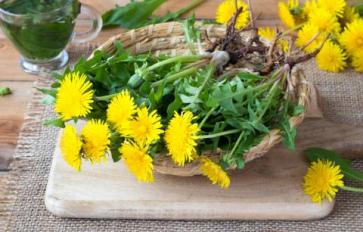
Periods are nature’s way of reminding women that we give life, but they are bastardized and joked about in society because they can be an inconvenience. PMS, cramps, and mood swings that accompany the monthly menstruation cycle are only the tip of the iceberg. Many women have health conditions (such as endometriosis) that make periods extremely painful.
There are also economic factors to think about. An article by Jessica Valenti at The Guardian in 2014 made a compelling case for making tampons free or at least free of taxes. Women can expect to spend at least $3,000 for tampons in their lifetime. So how do homeless women deal with their period? And what about women in jail or extreme poverty?
Women in prison often endure humiliation tactics that make it hard for them to stay clean when on their period. Chandra Bozelko wrote an op-ed on The Guardian where she discussed having to split pads with her fellow cell-mate, having to make her own diaper in order to avoid having pads slide out of her underwear, and how indigent women often bled through their clothes because they couldn’t afford to pay for extra pads or tampons at the commissary.
We must fight taboos
Periods are still considered taboo today. During the Presidential Debates, then-candidate Donald Trump even resorted to making period jokes at the expense of respected reporter Megyn Kelly. Although the United States and other developed nations are getting better about this attitude, there are still many activists around the world that are working hard to remind women that menstruation is not something to be ashamed of. The first step to assisting women who can’t afford feminine hygiene products is to remove taboos around menstruation.
Women in poverty often resort to using pads or tampons for longer than the recommended amounts of time, or even using rags or other materials that are not as absorbent. This increases the probability of getting infections, and research has linked the use of dirty rags to cervical cancer in India. Here are examples of how we can help each other and change the conversation:
- The Serithi campaign in South Africa is an attempt to give young women menstrual cups so they don’t need to miss out on school while on their period. More importantly, the campaign obtained the support of the South African government.
- In Florida, For the Love of Women (FLOW), collects feminine hygiene products and distributes them to women who need them most. FLOW is one of the many non-profits around the US that works to distribute pads and tampons to women.
- A teenage boy, Jose Angel Garcia, made headlines when he decided to carry pads to hand out to female classmates at school in case they were caught by surprise.
Innovations such as menstrual cups and period underwear are tools that can be used to help all women deal with their periods in a more sustainable manner. Though economic justice is important, awareness of how women in poverty must deal with their periods is the first step to ensuring all women feel healthy and cared for, and have access to their preferred method of dealing with their period.








